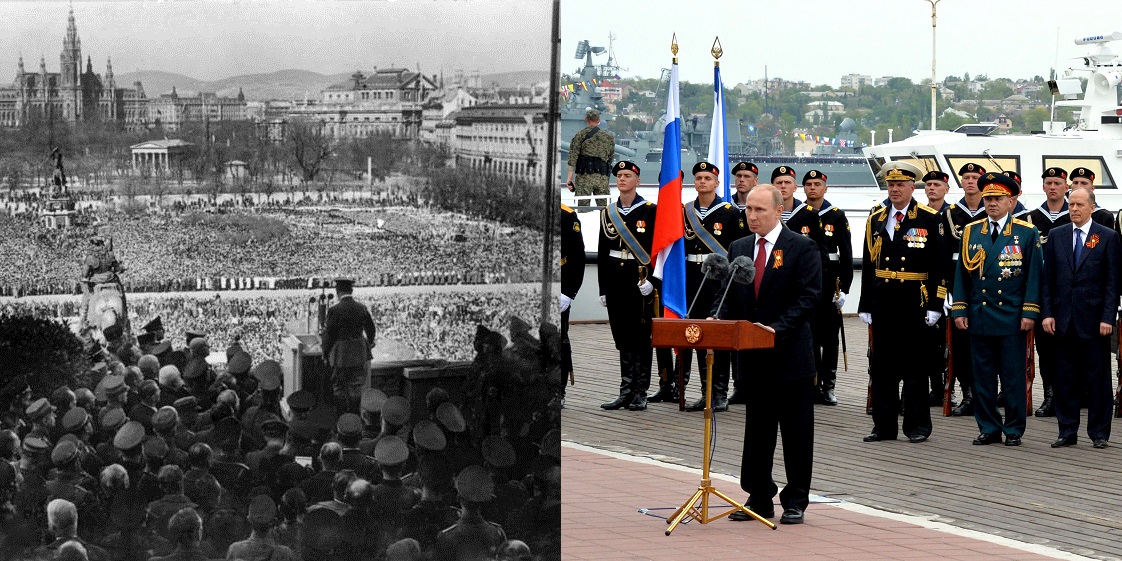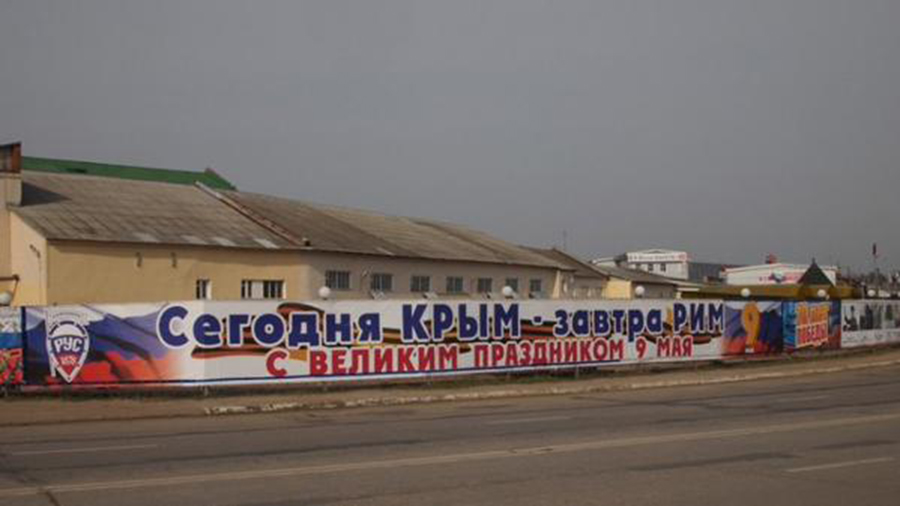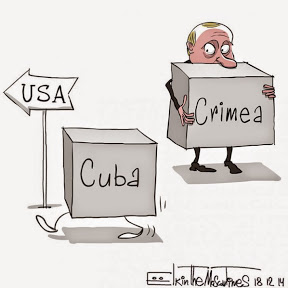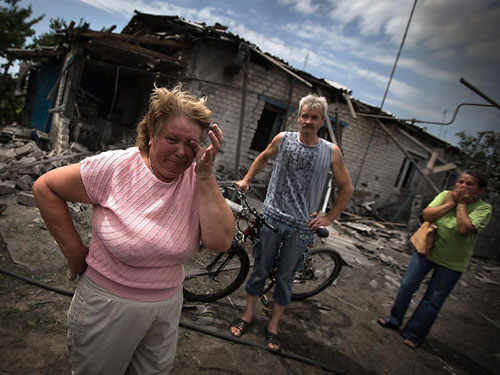Maria Zakharova, the Russian foreign ministry’s spokesperson, said more than she perhaps intended when she declared that the Crimeans, having again become part of the Russian state, “returned us to ourselves as well,” according to Moscow commentator Igor Yakovenko.
The Crimean Anschluss, he writes, is as many have noted “the greatest international crime committed in the 21st century.” But living in Putin’s Russia, there is no point in talking “about law, let alone international law.” Instead, Yakovenko argues, “let us talk about consequences.”
“After Crimea,” he continues, “all these problems intensified. But in first place arose a new one, which eclipsed all the rest: Russia was converted into the main threat to world civilization.” The Anschluss “has made Russia a world outcast, inserted into the brains of Russians the psychology of a besieged fortress and forced them to be glad of sanctions and to unify around the leader.”
The Crimean Anschluss “significantly worsened the real quality of life of Russians, driving many of them into poverty and what is more depriving them of prospects for the future.”
It has made “40 million Ukrainians enemies of Russia” because no one can explain to them “why we, 140 million cowards, can’t stop a single lieutenant colonel” from taking this action.
In short, Yakovenko says, “the jubilee of the annexation of Crimea is very shameful, very criminal and very, very stupid.”
Related:
- Chronology of the annexation of Crimea
- Hitler's Anschluss and Putin's: Similarities and differences
- Three years later, Crimea abandoned by both Ukraine and Russia
- Polish director Aniela Gabryel: I want to show the plight of Crimean Tatars under occupation (TRAILER)
- Moscow’s objective – gain land corridor to Crimea by seizing Mariupol, Ukrainian analyst says
- Mother of Kremlin’s hostage visits occupied Crimea to hug tortured son
- Meet Mykola Semena, the Crimean journalist prosecuted for disagreeing with Putin’s landgrab
- Remember the Crimean Tatars jailed for resisting Russian occupation





